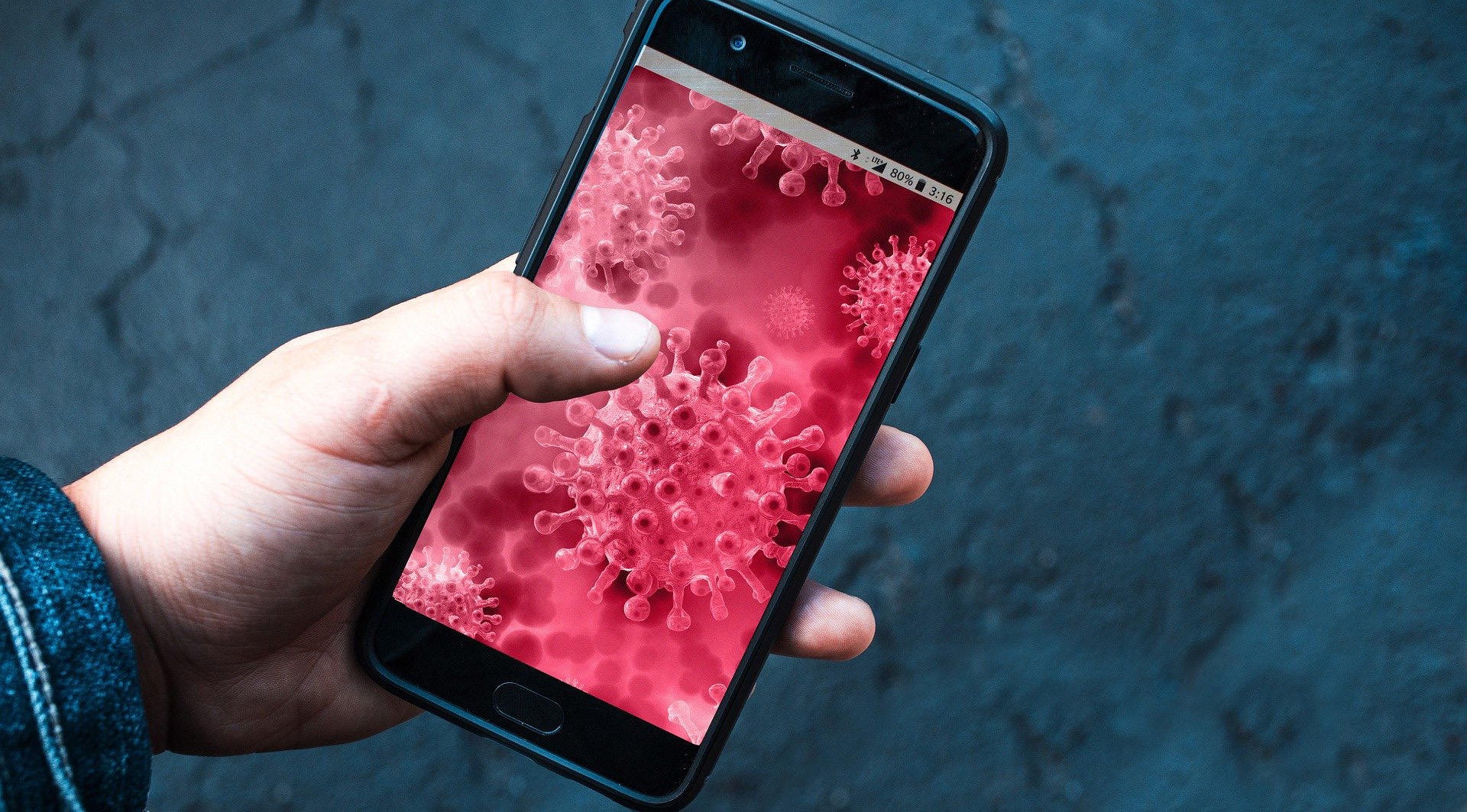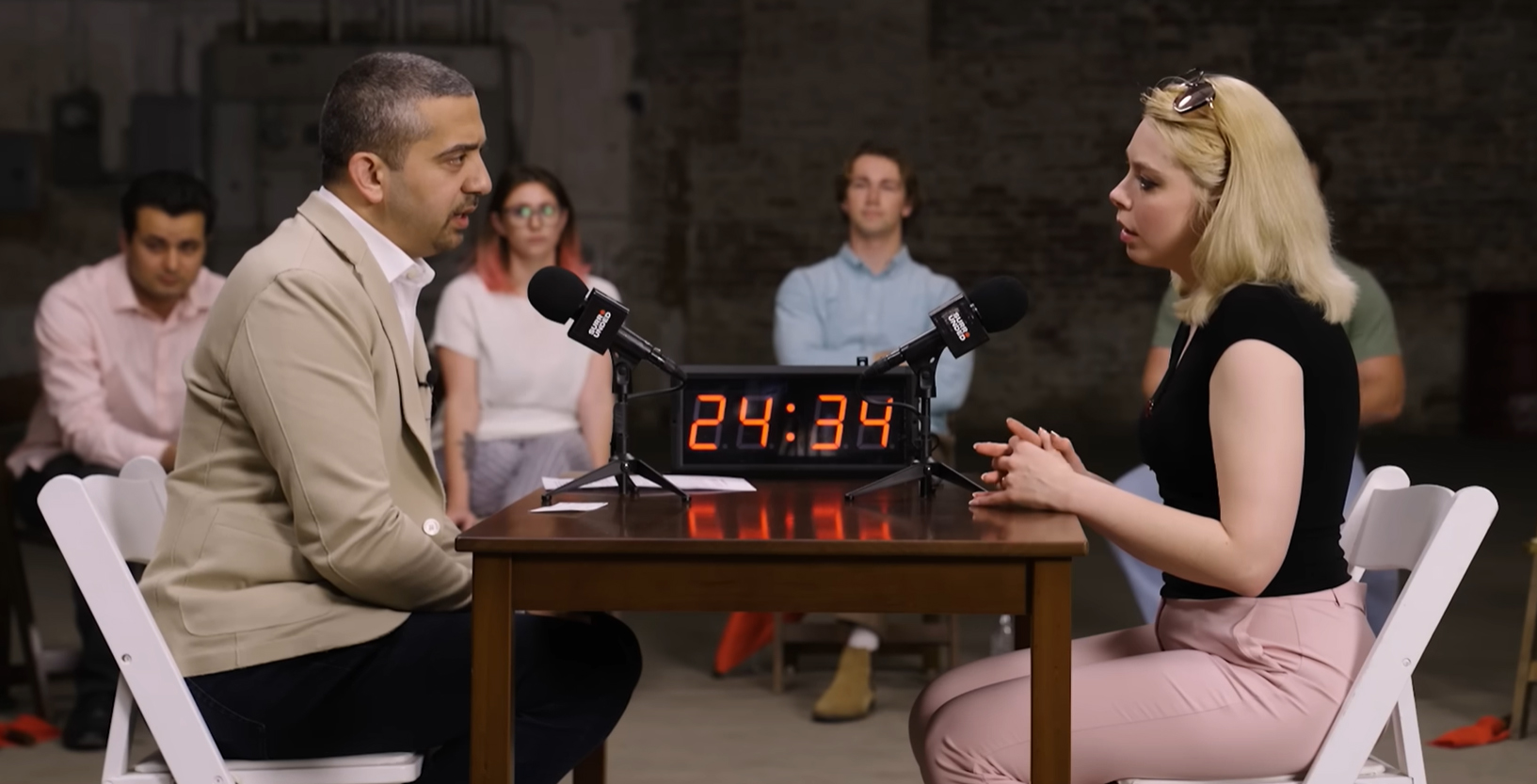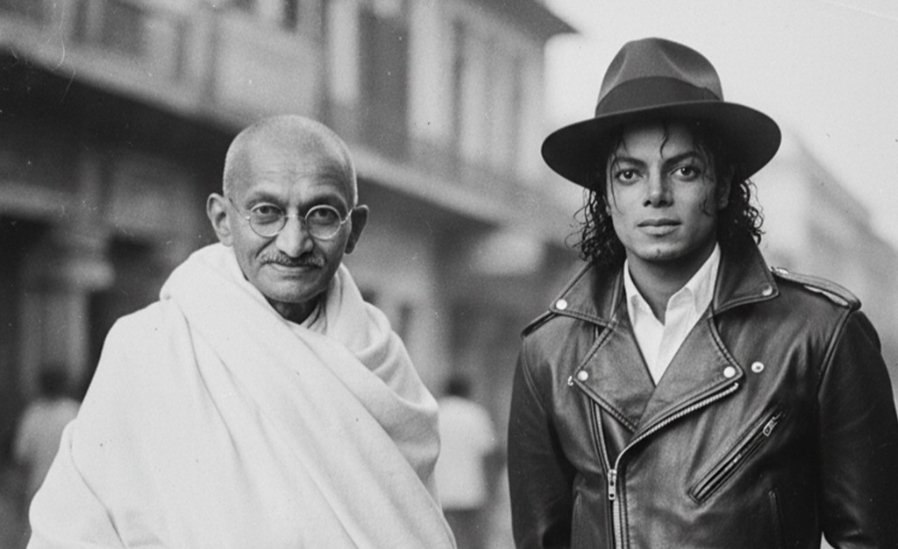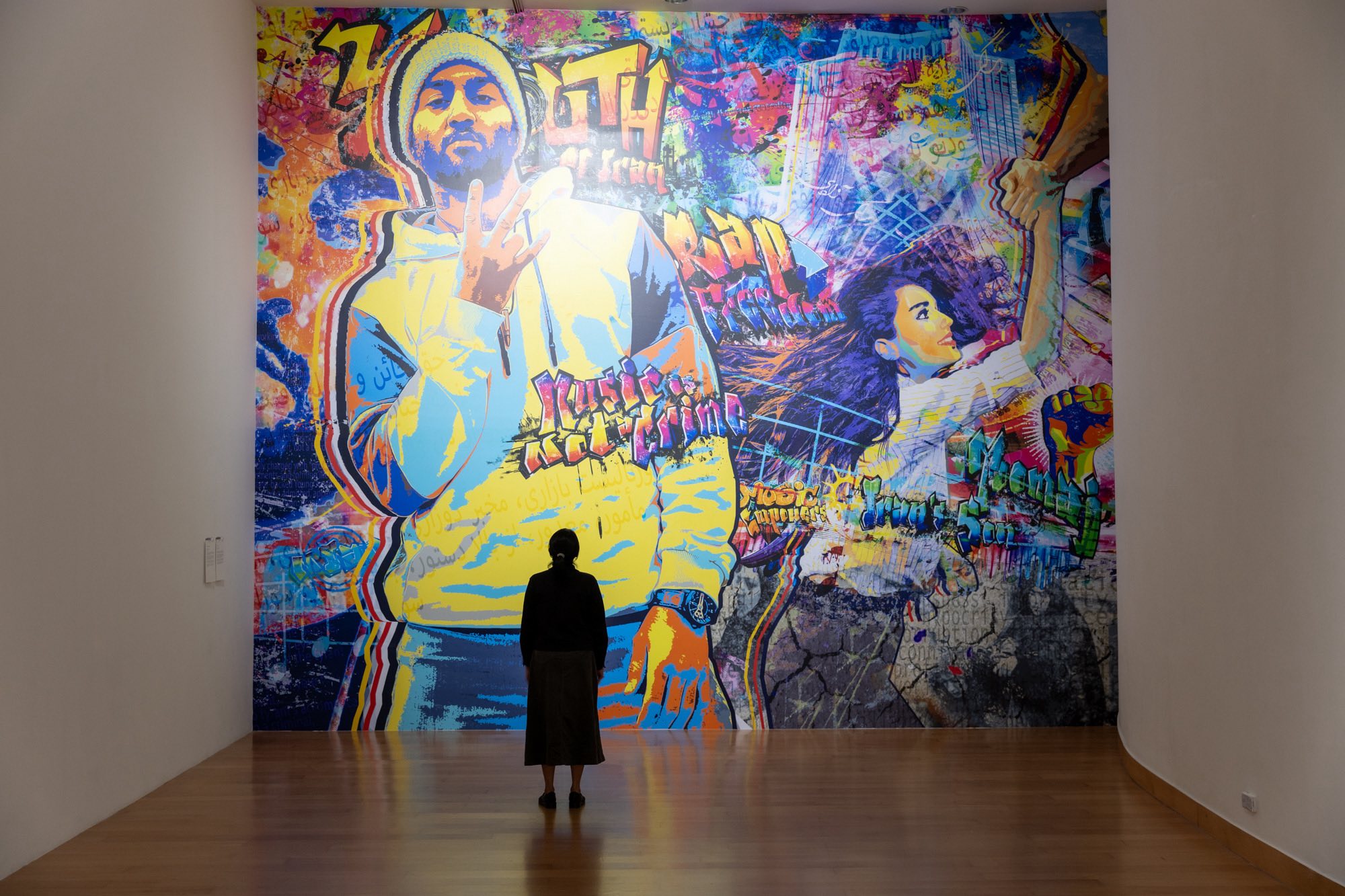[vc_row][vc_column][vc_custom_heading text=”What do citizens in South Korea, Italy and Spain think about the long-term consequences of signing up to Covid-19 apps? Our reporters Silvia Nortes, Steven Borowiec and Laura Silvia Battaglia report for Index on Censorship magazine.” google_fonts=”font_family:Libre%20Baskerville%3Aregular%2Citalic%2C700|font_style:400%20italic%3A400%3Aitalic”][vc_single_image image=”114058″ img_size=”full” add_caption=”yes”][vc_column_text]
We feature here extracts from the full magazine article.
SOUTH KOREA
Kim Ki-kyung, a 28-year-old who lives in Seoul, is used to the idea of his mobile phone tracking his movements, so he wasn’t bothered when he learned that his government would have access to his location data as part of efforts to contain the coronavirus outbreak.
He is far from the only one being tracked in this way. Several times a day, the millions of smartphones in South Korea bleat in unison with alerts from governments that users cannot opt out of receiving. When COVID-19 cases are diagnosed, the age and gender of the patients is disclosed to the public, along with the routes the patients took in the days before their diagnosis, so that others can avoid those places.
While the system raises issues of privacy, Kim thinks the potential benefits outweigh the concerns. “Everyone is at least somewhat reluctant to share personal data with the government, but the tracking app allows the authorities to monitor people who are in self-quarantine, and will allow epidemiological surveys to be done faster,”Kim said.
“The government system sounds terrible at first but it really isn’t all that different from regular smart services, like Google Maps or Nike Run Club,”Kim said.
Kim says he follows, through the news, how the government plans to handle the data gleaned from the program, but isn’t much worried about the data being used for some nefarious purpose somewhere down the road. He feels the more urgent task is containing the public health crisis.
SPAIN
In Spain, our interviews found respondents were more concerned about the use of personal information collected by monitoring apps, than in the other countries. The main conclusion drawn from the interviews is that people do not trust this system completely and fear data might be misused by the government and private companies, perhaps because some people have memories of what it was like living under the General Franco dictatorship.
Juan Giménez, 28, agreed with using these apps “only for controlling the spread of the virus”. Cristina Morales, 26, considers it “a violation of privacy, but, at the same time, it is appropriate to guarantee the citizens’safety and prevent confinement violations”.
Ana Corral, 22,said it is “OK as long as we know which information is used exactly, how it will be used and where the data is saved. If the goal is to know if you might have infected or been infected, that is fine”.
Some also mention social good as a priority. “There are always individual sacrifices for the common good”, said Manuel Noguera, 40. For Eduardo Manjavacas, 40, “the end justifies the means.” “Everything made for a global good and with a clear privacy policy is welcome. We live in a digital age, our data is studied daily for commercial purposes”, said Amelia Rustina, 30, while Sabina Urraca, 36, added she is “ready for that sacrifice. I would like to trust individual responsibility, but I don’t.”
On the other hand, older people are more reluctant, and many claim they would not register in these apps at all.
ITALY
They trust the government but with some doubts; they believe that giving up part of their privacy is a negotiable asset to protect public health; they want more reassurances on the functioning of the tracking app, wishing to know who will keep the sensitive data after the end of the pandemic.
These are the attitudes of Italian citizens of all ages relating to the use of a Covid-19 tracking app.
Index spoke to 50 Italian citizens – aged between 20 and 60, of different parts of the country, different professions and different backgrounds – about their thoughts on the Immuni tracking app announced by the Italian government as part of its approach to Covid-19.The Immuni app was preceded by a similar experiment in the Italian region most affected by the pandemic: Lombardy, where some of them live.
Federica Magistro, 22, university student, and Anna Pesco, 60, a teacher, living in Milan have downloaded the app in Lombardy, and are currently using it. They also plan to use the national app. Both hope that the remaining 60% of Italians also think the same way, so it maximises its use to of the entire population. Federica said: “I think I should trust those who are developing it and the government that offers it”, while Tesco said: “I would like maximum transparency and I would like to have absolute guarantee on the cancellation of my data at the end of the pandemic.”
You can read the whole of this article in our Summer 2020 issue, available by print subscription here and by digital subscription here.
[/vc_column_text][/vc_column][/vc_row]













